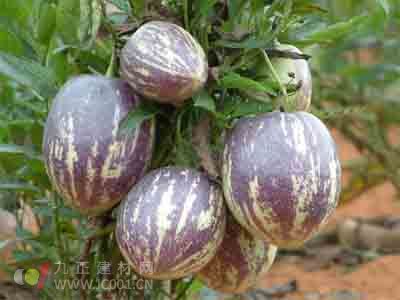Ginseng fruit cultivation management taboo
Ginseng fruit cultivation management taboos: 1. Avoid extreme temperatures. Ginseng fruit plants are sensitive to both high and low temperatures. When the temperature exceeds 38°C or drops below 8°C, growth is severely affected. If it goes below 0°C, the entire plant can be damaged or killed. 2. Avoid planting in heavy clay soils. During the rainy season, especially in years with excessive rainfall, waterlogging can lead to root rot, which can cause the whole plant to die. 3. Avoid misuse of pesticides. Ginseng fruit is highly sensitive to dimethoate, a common pesticide used for aphids and mites. Using this chemical can result in plant death or severe damage to the crop. 4. Avoid neglecting side bud removal. Ginseng fruit side buds tend to sprout quickly, which can interfere with the main plant's growth and cause physiological flowering, reducing fruit set. Therefore, aside from selecting the main branches, all other side buds should be removed promptly. 5. Avoid high humidity levels. Excessive moisture can promote the development of Phytophthora, a fungal disease that affects the plant. Ensure proper ventilation in greenhouses and reduce humidity. In wet seasons, apply protective treatments like new fat film, carbendazim, or chlorothalonil to prevent infection. By following these guidelines, growers can significantly improve the health and yield of their ginseng fruit crops. Proper care and attention to environmental conditions are essential for successful cultivation. Always monitor the plants closely and adjust your practices accordingly to avoid common pitfalls. LED Dial Flood Light,LED Dial Spotlight,LED Dial Downlight,LED Dial Track Light Foshan Extrlux Co., Ltd. , https://www.extrlux.com